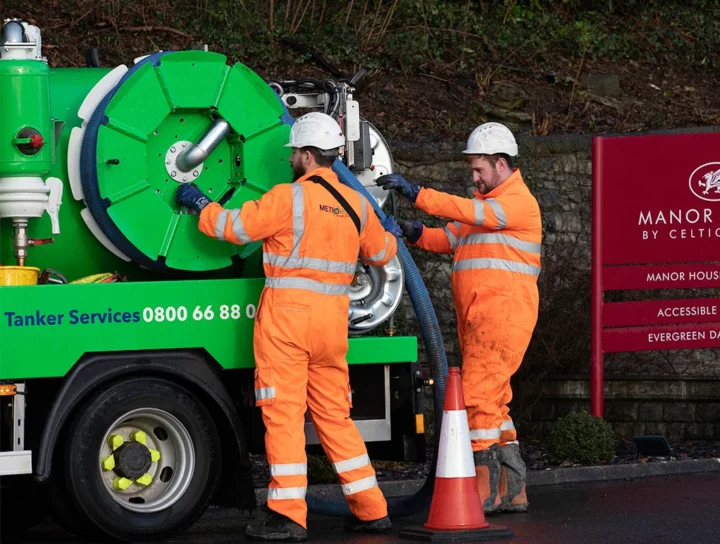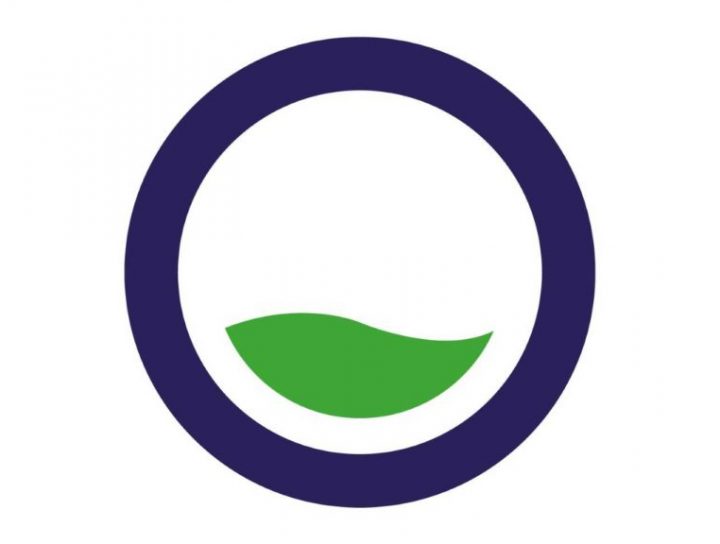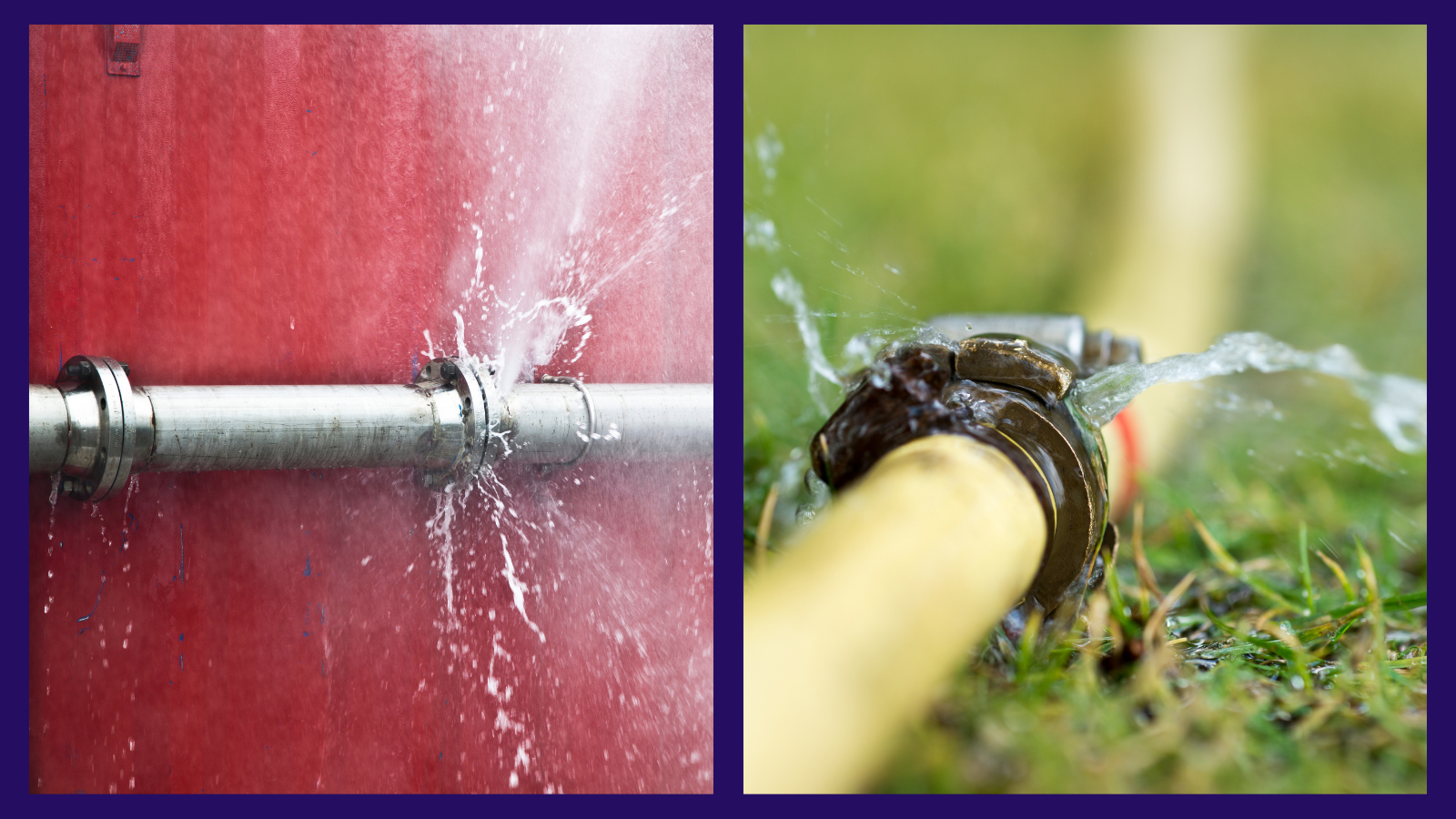Is your septic tank meeting the new emptying regulations that came into force on January 1st, 2020? If not, you will want to get it seen to ASAP.
Septic Tanks: What Are They?
Small-scale sewage treatments such as septic tanks are an onsite sewage facility for those not near a sewage system. Septic tanks are underground chamber that reduces solids and organics by using an anaerobic process.
The wastewater is discharged after treatment into the ground through a constructed septic tank drainage field. It is important to note that this does not include soakaway put, tunnel, crate or Ezy Drain as these are not allowed for septic tank effluent disposal.
Once the water has been discharged into the surrounding septic tank drainage field, the solids can amass in the tank and get regularly emptied to ensure that the tank doesn’t get too full at any one time.
What is a Septic Tank Drainage Field?
To understand a septic tank drainage field, we first need to understand what an infiltration system is, as the two are interlinked. An infiltration system is where a drainage field has a trench with pipes. Over the pipes is a drainage stone which is a closed-loop design that allows the wastewater to drip through the ground for further treatment by soil bacteria. That infiltration system makes up the central part of the septic tank drainage field and forms a vital part of the system's filtration of wastewater.
It is important to note that UK law no longer allows septic tanks with soakaways. Soakaways are a method for draining water. If your current septic tank system includes a soakaway, it will need to receive a permit from the environment agency to assess the risk to groundwater or change to a drainage field.
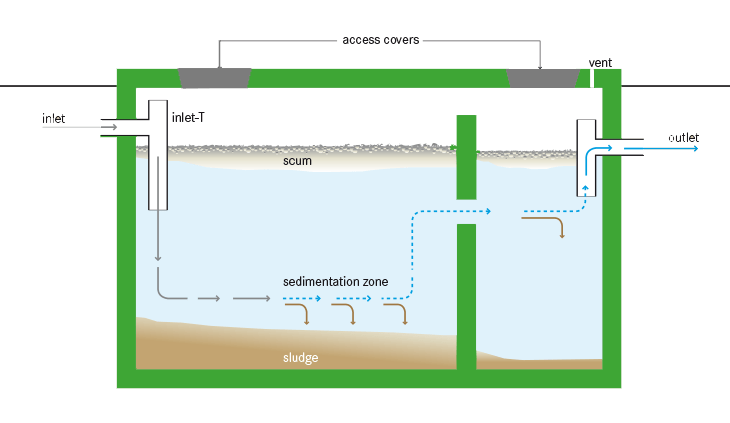
The General Binding Rules
To protect surface water resources, general binding rules have been implemented to ensure that septic tanks (and other small scale sewage plants) are free from pollution.
These are especially important if your septic tank drainage field discharges directly into a pre-existing watercourse. There are various different types of watercourse, for example:
- Rivers
- Streams
- Canals
- Ditches
- Surface water drains
The septic tank must be replaced or upgraded as soon as possible if discharge enters these areas. This is to help reduce pollution to the surrounding area.
What Regulations Your Septic Tank Must Abide By?
There are several regulations that have come into place to aid with safely owning a septic tank and the preservation of the environment. For example:
- You must use a sewage treatment plant with a full BS EN 12566-3 Certification.
- Septic tank discharge to a watercourse must be stopped and diverted to a drain field that is constructed to the British Standard BS6297 2007.
- Septic tanks must be CE marked.
- You must have documentation proving your tank has a British Standard Certificate of compliance.
- Be on the British Water list of approved equipment for BS EN 12566-1.
The above will help you abide to all the septic tank soakaway regulations 2020, therefore ensuring that your septic tank remains compliant.
For optimum performance, it is recommended that small scale sewage systems and septic tanks receive yearly checks. Metro Rod offers septic tank maintenance contracts as well as installation services.
Septic Tank Emptying
Septic tanks have regular requirements that need seeing to, including maintenance and emptying. A septic tank, like many systems, requires regular maintenance to ensure it remains healthy. The property owner or resident are responsible for septic tank emptying. Septic tank owners often leave their system untouched until problems like smells or blockages arise. Removing sludge from the system is extremely important before it reaches maximum capacity.
As a result, being too late to avoid the soakaway blocking can result in additional and sometimes expensive work. Consequently, depending on the design capacity and use, septic tanks should be emptied at regular intervals. A well-designed septic tank can have a capacity where maintenance intervals can be up to 12 months apart. Other septic tanks may need more frequent checks. The frequency of checks will reduce significantly depending on the number of people living in a property.
Neglect and Abuse: Septic Tank Management
There are a few basic guidelines to follow to ensure that your septic tank remains in good condition, for example:
- Flushing non-biodegradable waste items down the toilet can cause blockages in your system and tank.
- Remember the 3 P’s: pee, paper, and poo. Do not flush wipes, cotton buds, sanitary items.
- Using the toilet as disposal for food. This can cause a quick overload of the system leading to failure.
- Disposing of oils, grease, and fats can cause the ‘inlet’ drains to block. Blockages caused by oils, grease and fats are difficult to degrade and can cause bad smells.
- Using water softeners can harm bacteria that break down the wastewater.
How We Can Help with the New Rules
As drainage experts with over 35 years of experience, septic tanks aren’t new to us. We have been working with septic tanks for a long time. As a result, our tankers can tackle the biggest drainage problems that can arise.
For properties that are not connected to main sewer systems due to being located in rural areas, it is common to have septic tanks.
In conclusion, thanks to our growing fleet, we can send a tanker to empty your septic tank and dispose of the waste in the most environmentally friendly way with ease.
Here at Metro Rod, we can clean septic tanks, ensuring that everything is in working order with no potential problems. In conclusion, it may also be worth finding out more information on our pre-planned maintenance service. We can schedule the emptying of your septic tank months in advance, meaning that you don’t have to worry about getting in touch every time you need us.
Are you in need of reliable and efficient drainage or plumbing solution? Metro Rod Newport, Hereford and Gloucester can help you and your businesses or home with our services!
If you are not based in Newport, Hereford or Gloucester, don’t worry – we have experts positioned all around the country. You can find your local expert here.
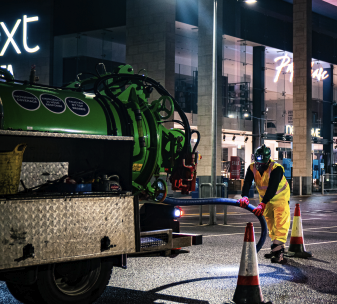
Talk to your local Metro Rod specialist
We are always happy to arrange a free site assessment and no obligation quotations for any work you might need. Alternatively, you can call our emergency hotline number on 0800 66 88 00
Get in touch Drainage Services
